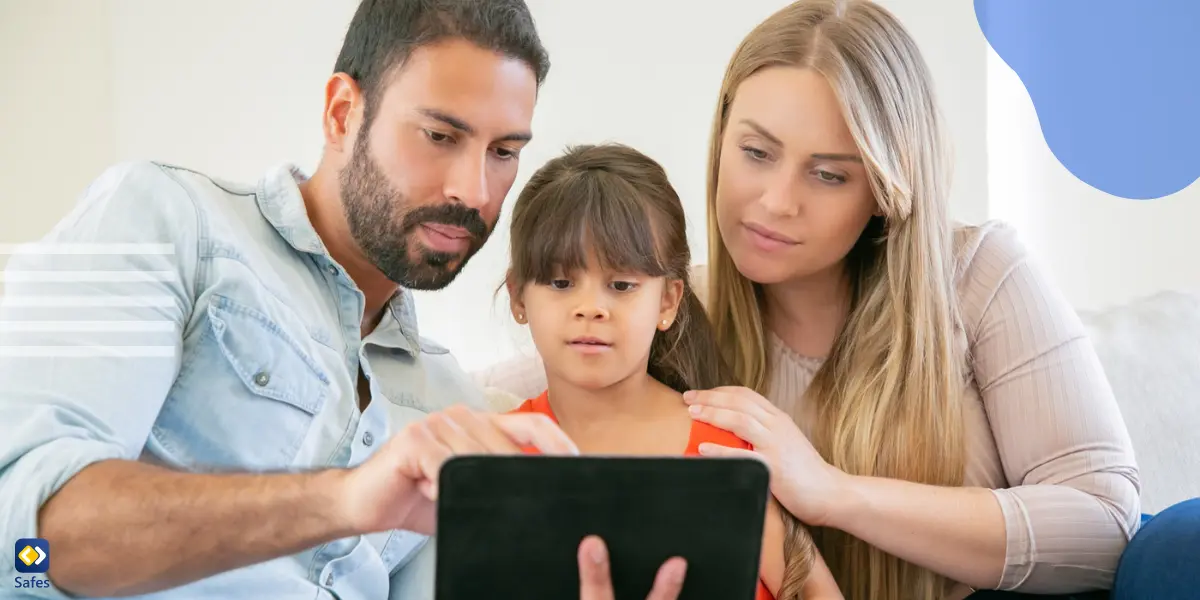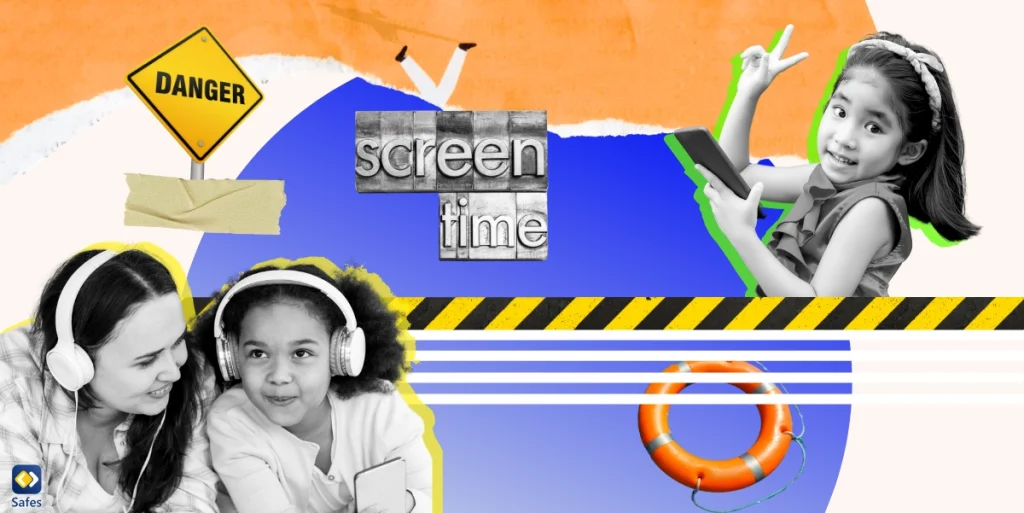Young children today are born into the digital generation, a world where technology intertwines with every aspect of their lives. Understanding how to adeptly guide and nurture these children requires a blend of traditional wisdom and new-age strategies. The term “digital generation” refers to a group of individuals who have grown up in an era where technology is everywhere. The previous generations experienced the transition to digitalization later in life. On the contrary, the digital generation has been immersed in technology from a young age.
As a parent of digital natives, you need to make sure your children don’t spend all day staring at screens. Therefore, it’s essential to educate them about online safety, privacy concerns, and digital literacy. Open communication, setting age-appropriate limits, and being a good role model are key strategies for effective parenting in the digital age. So, how can we effectively deal with this generation? Let’s explore the digital native definition as well as some strategies and insights to better understand and connect with them.
What Does It Mean for a Child to Be a Digital Native?
Members of the digital generation are often referred to as “digital natives”. They have grown up surrounded by technology, feeling comfortable with smartphones, tablets, laptops, and other digital devices from an early age. Teenagers actively creating content on social media are the obvious digital natives examples.
This group of individuals, who are often referred to as Generation Z, have unique characteristics. Understanding them makes it a lot easier for effective parenting in the digital age. These kids are usually
- Tech-savvy from an early age, so they can comfortably and effortlessly use native technology in their daily lives.
- Constantly connected to communicate with friends and family through messaging apps.
- Multitasking masters, due to exposure to constant stimulation.
- Socially and environmentally conscious, as they consume content from around the world, engaging with diverse cultures and viewpoints.

What Are The Best Digital Parenting Techniques?
As a person from the previous generations, it can be challenging to fully understand the world of digital native generation. Therefore, it pays off to learn about your crucial role and tricks of parenting to ensure your kid’s physical and mental well-being. Now that you’re familiar with the characteristics of digital natives, it’s time to learn our recommended techniques to learn the best parenting skills in today’s world.
Balancing Screen Time and Real Life
One of the key challenges parents face in the digital age is striking a balance between screen time and real-life experiences. While technology offers countless opportunities for learning and entertainment, excessive screen time can have negative effects on children’s health and development. Playing outside and spending time in nature can keep children away from digital devices for a certain part of the day. Moreover, it will reduce the symptoms of nature deficit disorder in the youth.
Setting Boundaries
Another important aspect of parenting in the digital age is setting boundaries for your children. For instance, you can limit their screen time or set specific rules, like not using cell phone before going to bed. Have open conversations about these boundaries with them, showing the pros and cons of constantly using digital devices. Wondering how to monitor their screen time? Keep reading to find it out!
Building Trust and Connection
To build trust with digital natives, be genuine and a good listener. Also, try to understand their point of view. There are various trust activities you can play with your kids to gain their trust. This way, they are more likely to share their experiences in the digital world with you and follow your rules and boundaries.
Cybersecurity Awareness
As one study by Ola Erstad, Educating the Digital Generation, suggests, the internet makes it easy to find and share information through various platforms. But it also poses the risk of breaching personal information. Young kids are often the target of cyber threats such as scamming, identity theft, and online harassment. Increasing cybersecurity awareness and educating them about safe online practices can help lessen the risks and protect their digital identities. For example, you can spend some time with kids discussing various topics, such as recognizing cyber-harassment or spoofing vs phishing.

Final Word
Parenting in the digital age comes with its challenges. However, with the right strategies and support, we can ensure that the digital generation grows up to be responsible, resilient, and well-rounded individuals. By staying informed, setting boundaries, and fostering healthy habits, parents can empower their children to thrive in an ever-growing digital world.
As mentioned earlier, monitoring your children’s screen time is a helpful way to keep them away from the digital world and encourage outdoor activities. This is one of the features Safes offers to responsible parents! With Safes, our cutting-edge parental control app, you can make the most out of parental controls on Android and other devices! This allows you to monitor and manage your child’s screen time, block inappropriate content, and track their online activities. Then, you will have the peace of mind that comes from knowing they’re safe and secure online. Download Safes, available for both Android and iOS devices, to ensure your digital natives’ online safety. You can even use our free trial beforehand just to see how the app works!




